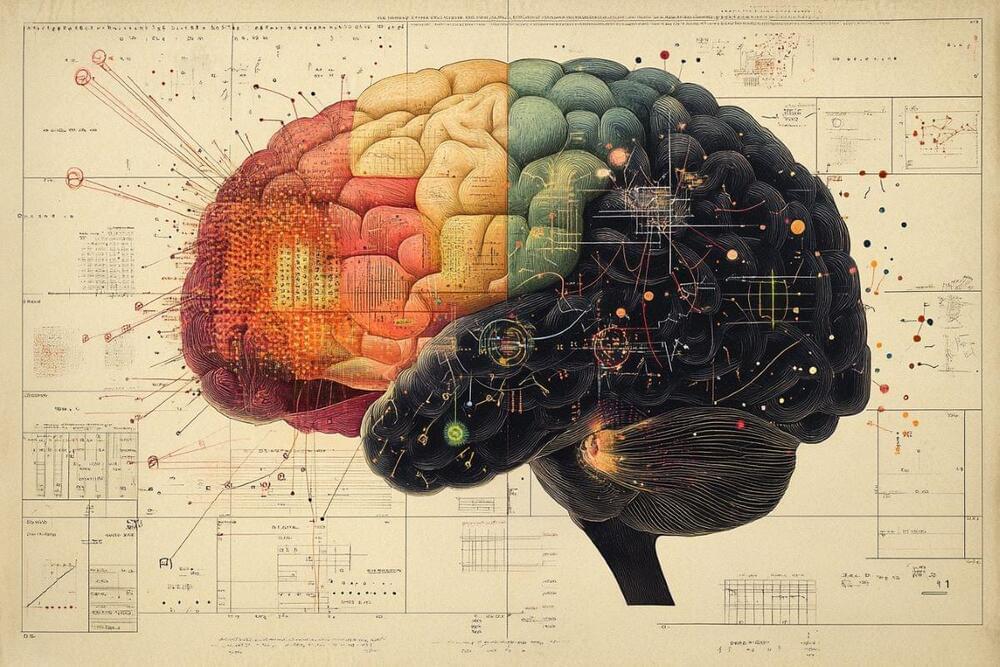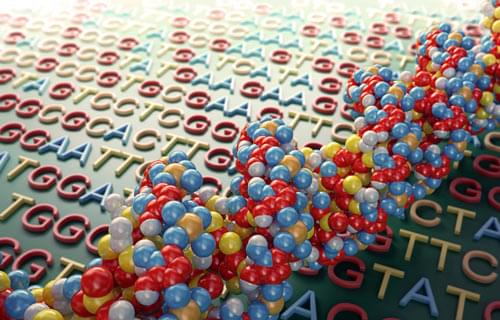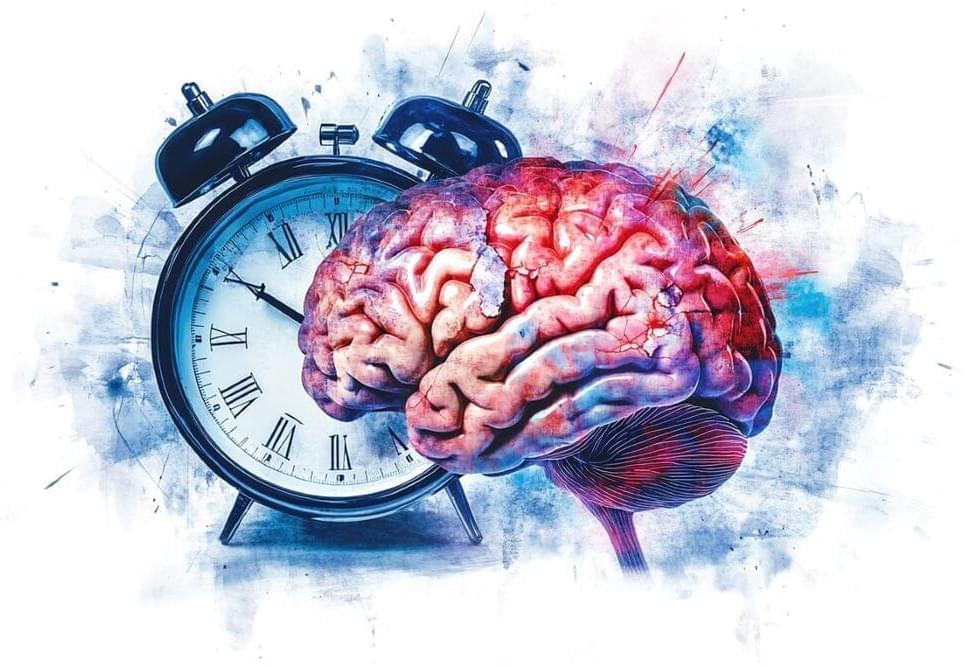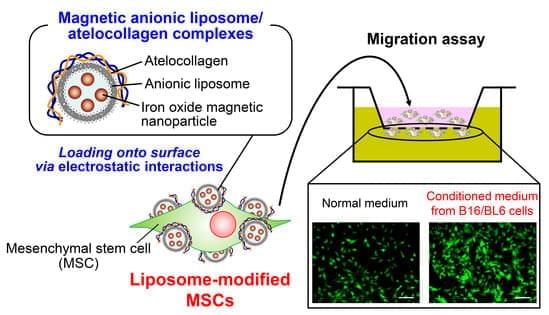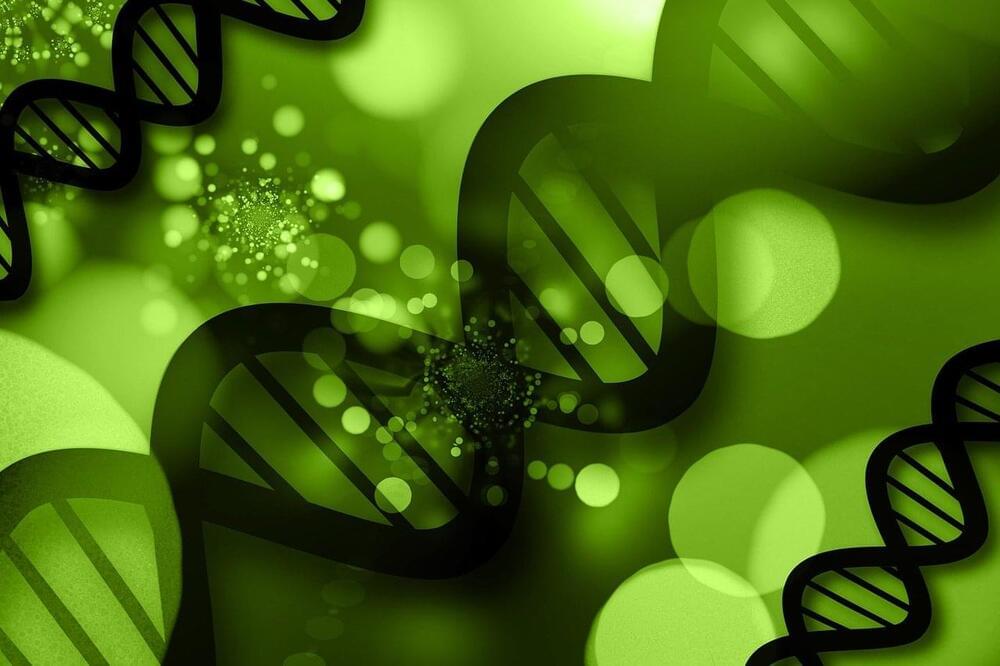Summary: Human number cognition may be rooted in the putamen, a deep brain structure traditionally associated with movement rather than abstract thought. Neurosurgery patients demonstrated activity in this area while processing numbers as symbols, words, and concepts, suggesting that numerical understanding emerged early in evolution.
Researchers also observed activity in expected areas like the parietal lobe, highlighting how different brain regions collaborate in number processing. These findings could improve surgical outcomes by protecting areas crucial for number cognition and open pathways to enhancing math learning through targeted interventions.
